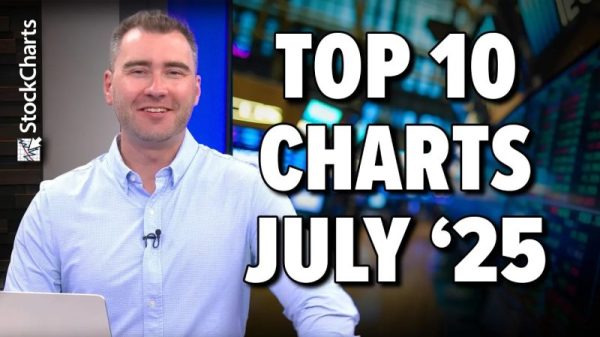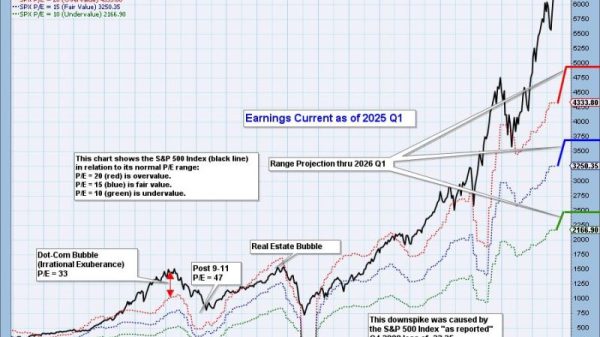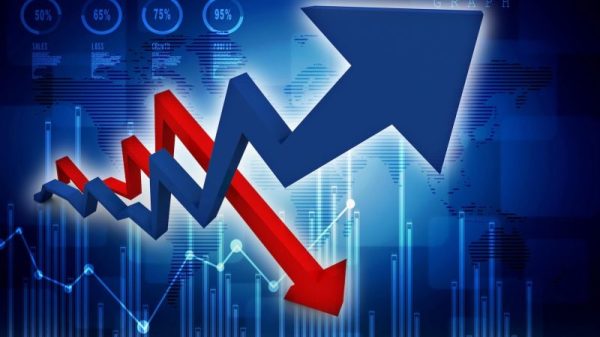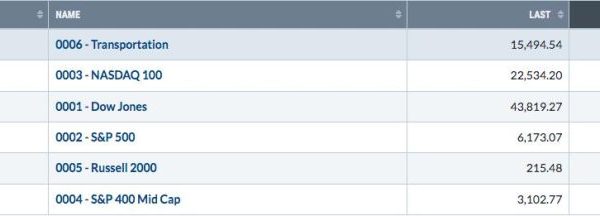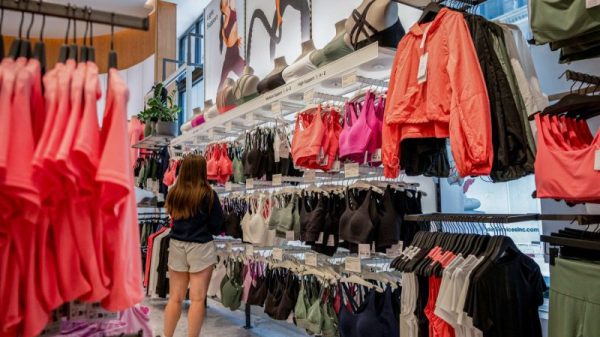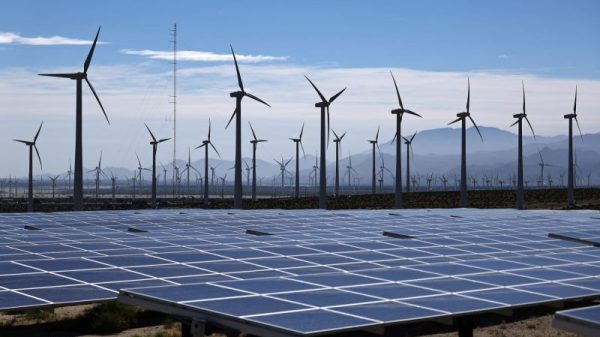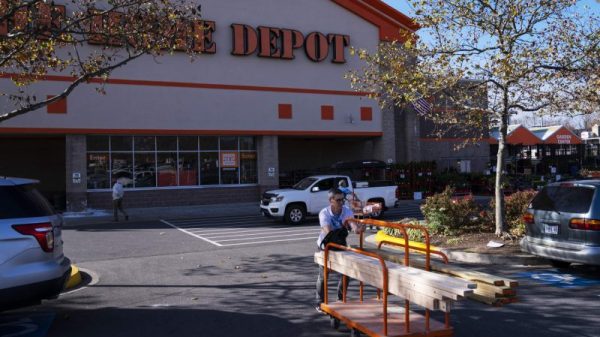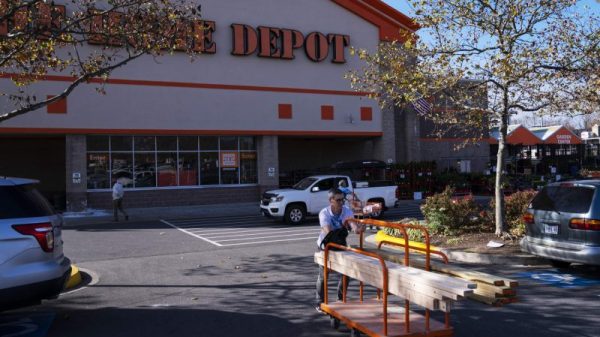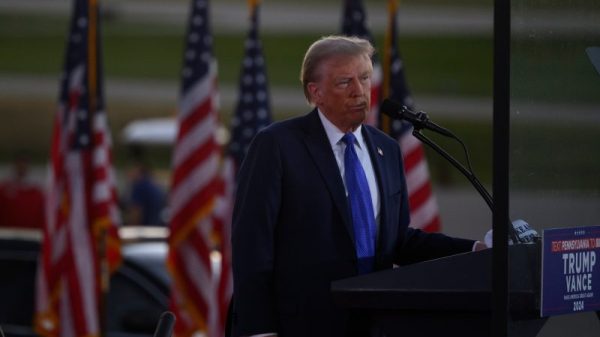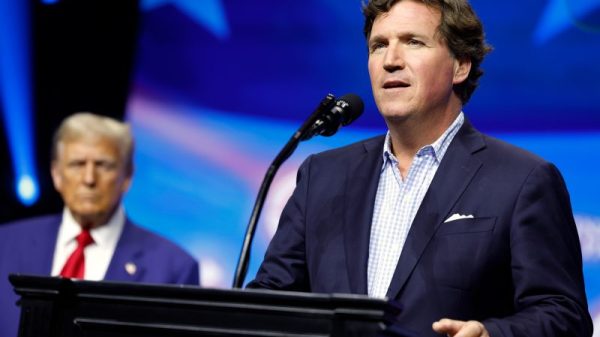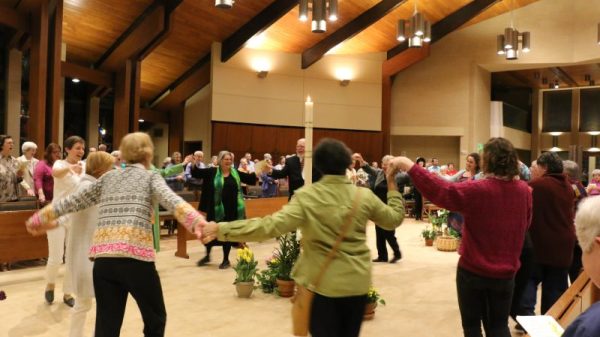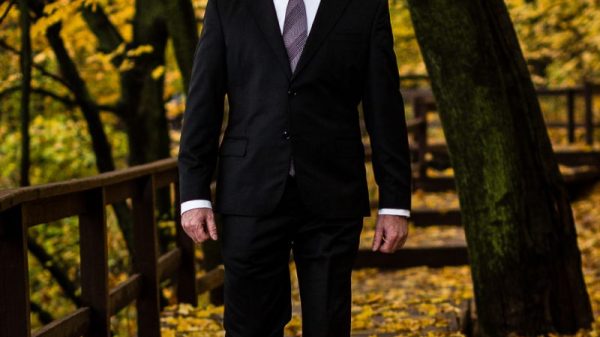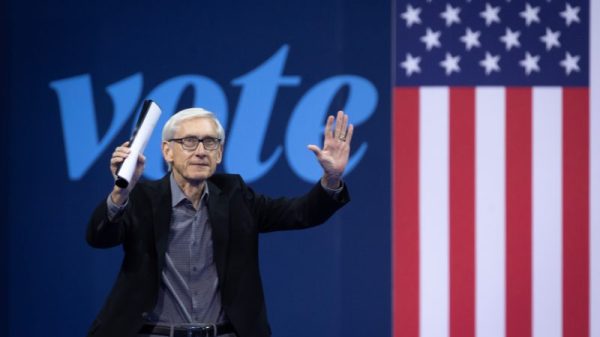At her first hearing overseeing the 2020 election obstruction case against former president Donald Trump, U.S. District Judge Tanya S. Chutkan tried to draw a line in the sand: “I intend to keep politics out of this.”
Legal experts say that will be a tricky — perhaps impossible — task, especially in a criminal prosecution in which politicians or their aides are the alleged perpetrators, witnesses and victims, and the defendant is running for president.
On Monday, a state court judge in Atlanta issued strict limits on Trump’s public statements as conditions of his release on election-related charges there. But policing and enforcing those kinds of rules will be a challenge for judges in many jurisdictions, including Chutkan, who is presiding over the case brought by special counsel Jack Smith in Washington.
“It’s right and good that Judge Chutkan is making it clear that she’s not going to focus on politics. That’s a very no-nonsense federal judge thing to say,” said Kenneth White, a former federal prosecutor in California who specializes in free-speech issues. “But even if she’d like this to be completely divorced from politics, it can’t be. It’s steeped in politics.”
Chutkan spoke on Aug. 11 as she considered how restrictive an order to issue in limiting Trump and others from talking about the evidence in the D.C. case, which is focused on efforts to overturn Joe Biden’s election victory by pressuring state and federal officials to alter the results.
The question illustrates the inherent tension between the buttoned-up procedures and practices of court proceedings and the often white-hot rhetoric of Trump, a former reality TV star who for the third time is leading the GOP field for president.
As a 2024 candidate, Trump “has the best imaginable First Amendment case for talking about the charges against him, the evidence against him, the witnesses against him,” White said, particularly when one of those witnesses is former vice president Mike Pence, who is also seeking the GOP nomination.
The fraught Trump-Pence dynamic underscores just how difficult it can be to separate candidate Trump from defendant Trump.
After Trump was indicted, Pence said the former president “asked me to put him over the Constitution, but I chose the Constitution.”
Trump fired back on social media, denying one of the allegations against him in the indictment — that he once called Pence “too honest” for not going along with Trump’s efforts to undo the 2020 election results.
“He’s delusional, and now he wants to show he’s a tough guy,” Trump said.
Trump has been indicted four times since March, accused in federal and state court of obstructing the election, and separately charged with mishandling classified documents after leaving the White House and falsifying business records in connection with hush money payments in 2016. He has denied all wrongdoing.
As his legal troubles have mounted, his insults and attacks have continued. He has called Smith a “deranged lunatic” who “looks like a crackhead.” He said Chutkan “obviously wants me behind bars. VERY BIASED & UNFAIR!” He accused Fulton County, Ga., District Attorney Fani T. Willis (D), who brought the state-level election indictment, of having an affair with a gangster.
Trump’s public comments have caused consternation among law enforcement officials worried about ensuring fair trials and the security of witnesses, prosecutors and court workers.
Long before the indictments in D.C. and Georgia, Trump said the election-related investigations themselves sought to punish him for exercising his First Amendment speech rights in the aftermath of the 2020 voting. A pretrial legal battle over what the former president can or cannot say about those events might buttress that line of attack, experts said.
Advisers say the Trump campaign sees a benefit in him testing boundaries by publicly attacking judges and prosecutors — either he gets away with it, or he gets to play the victim for being censored by the courts. Some of Trump’s political advisers said they are betting that judges will not risk the blowback of imposing sanctions on a major-party candidate.
Judges typically keep close tabs on what criminal defendants say ahead of trial, to ensure that they do not intimidate witnesses or influence potential jurors who have yet to hear the evidence. In cases in which a defendant’s pretrial statements are viewed as crossing the line, a judge can threaten to issue a gag order. If the defendant violates that gag order, the judge could hold the person in contempt and threaten them with jail, or they can decide the defendant violated the conditions of their release and send them to jail.
In most cases, just the threat of possible jail time scares a defendant into keeping quiet. But while lawyers generally agree that Trump should get no special treatment, he is a different kind of defendant.
He has pleaded not guilty to the 78 charges laid out in the first three indictments and been released on his own recognizance; he is expected to plead not guilty in Georgia as well.
Under the terms of Trump’s bond in Fulton County, he was ordered to “perform no act to intimidate any person known to him or her to be a codefendant or witness in this case” and “make no direct or indirect threat of any nature against any witness” or victim. The agreement announced Monday said the restrictions “include, but are not limited to, posts on social media or reposts of posts made by another individual on social media.”
Legal experts say placing a tight leash on Trump’s pretrial statements could play into his hands by sparking a legal fight over free speech that he has already signaled he wants.
In Washington, Chutkan “no doubt wants to treat Donald Trump like any other defendant, but she must treat him like every other defendant who is also running for president, an unprecedented situation,” said Barbara McQuade, a University of Michigan law professor and former U.S. attorney.
“Any judge would be very reluctant to jail a candidate for president, not only to protect the candidate’s First Amendment rights, but to permit voters access to the defendant’s statements as they decide how to cast their ballots,” McQuade said. “It will take an awful lot for Judge Chutkan to jail Trump, and you can bet he will push the line as far as he can. It is a win-win situation for him. If he is not gagged and jailed, he can disparage prosecutors and witnesses with impunity. If he is jailed, he can portray himself as a victim of persecution.”
At the Aug. 11 hearing, Chutkan seemed aware of the potential danger of going down that path, saying at one point that “nobody’s talked about contempt.” Her point, she insisted, was that whatever Trump’s habits may be as a political candidate, they must “yield” to the court’s standards of conduct for criminal defendants.
“I reiterate that the existence of a political campaign is not going to have any bearing on my decision other than, you know, any other lawyer coming before me saying that my client needs to be able to do his job,” the judge said. “I will always, obviously, factor it in, but I intend to keep politics out of this.”
Trump’s advisers say the former president has been briefed on the protective order Chutkan is considering — a standard legal filing that restricts public disclosure of sensitive evidence during discovery, when prosecutors share such evidence privately with defense lawyers in preparation for trial.
In speeches and social media posts, however, Trump has mischaracterized the order — falsely portraying it as a full-blown gag order on his political message, rather than a warning against intimidating witnesses or prejudicing potential jurors.
“So now I have these lunatic reporters back there saying, ‘Sir, we would like to talk to you about your case.’ ‘I’m sorry, I’m not allowed to talk about it,’” Trump parodied during a campaign stop in New Hampshire this month. “Somehow that’s not good for votes. Do you agree? When we say, ‘I can’t talk,’ I’d love to. I will talk about it. I will. They’re not taking away my First Amendment.”
Trump also mocked the possibility that he may have to leave the campaign trail for court appearances.
“I’m sorry, I won’t be able to go to Iowa today, I won’t be able to go to New Hampshire today, because I’m sitting in a courtroom on bullshit,” he said. The crowd responded by chanting his last word.
Trump investigations
End of carousel
In court, Trump’s attorneys have similarly argued that the proceedings should not interfere with his schedule or speech as a presidential candidate.
“President Trump has [to have] the ability to respond fairly to political opponents,” defense attorney John Lauro said at the Aug. 11 hearing.
While arguing for a more far-reaching protective order than Trump’s lawyers want, prosecutors cited a 2018 case in which Chutkan issued a gag order for those involved in defending and prosecuting Maria Butina, a Russian woman accused of being an unregistered operative for a foreign lawmaker.
Prosecutors had wrongly accused Butina of offering to trade sex for a job, angering the judge. But the judge was also displeased by a decision by Butina’s lawyer to publicly rebut the accusation, and issued a gag order.
If Chutkan’s approach to the Butina case were applied to Trump, he might already have a gag order. Chutkan, however, was cool to the suggestion that the cases were comparable. “I think the differences with the Butina case, which now seems so small and quiet, is that there was no argument from the defense there that the defendant in that case needed to speak,” she said. “And we have a different situation.”
The concerns about Trump’s statements go beyond pretrial protocol and legal principles of fairness.
For more than a year, senior Justice Department officials have been concerned about Trump’s rhetoric and social media posts. Law enforcement officials and extremism experts say that while Trump’s taunts and broadsides against judges, prosecutors and witnesses are often not explicit threats, the statements could encourage some supporters to target those individuals with threatening or violent behavior.
Fresh evidence of such alleged behavior surfaced this month, when authorities arrested a Texas woman for allegedly threatening to kill Chutkan. Abigail Jo Shry, 43, also allegedly threatened to kill Rep. Sheila Jackson Lee (D-Tex.), as well as all Washington Democrats and members of the LGBTQ community.
Federal officials have been particularly concerned about security threats from Trump supporters since an armed man in Ohio attacked an FBI office last year, apparently angry that agents had searched Trump’s Florida home Aug. 8, 2022, as part of the classified-documents investigation. That man was shot and killed in a standoff with law enforcement.
In recent days, FBI officials in Atlanta said they are working with local police officials there to investigate threats made against Fulton County officials after Trump’s indictment by a grand jury there.
“Individuals found responsible for making threats in violation of state and/or federal laws will be prosecuted,” the FBI said in a statement.






